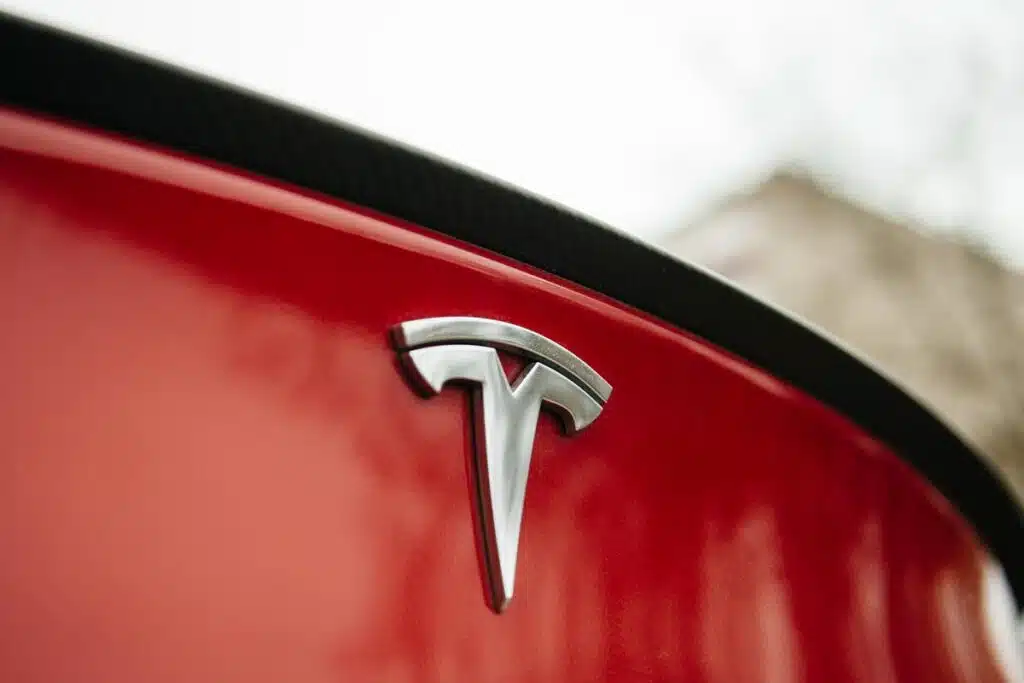
Update:
- Tesla asked U.S. District Judge Jon S. Tigar to throw out a class action against it, stating the class did not show how Tesla trespassed or hacked into their vehicles.
- Tesla also claims the plaintiffs did not prove the software updates were the cause of the issues or that Tesla intended to harm the vehicles through routine updates.
- Tesla says Judge Tigar should dismiss the allegations because the claims are overly broad and the proposed classes will not be able to be certified.
- Tesla asked that plaintiff Roger Scullion arbitrate his complaint separately and not as a part of the class because he purchased his vehicle from Tesla and is subject to an arbitration agreement.
Tesla software class action lawsuit overview:
- Who: David Bui-Ford, Igor Kravchenko, Micah Siegal and Lucas Butler filed a class action lawsuit against Tesla Inc.
- Why: The plaintiffs claim Tesla releases automatic software updates that diminish the performance of its Tesla Model S and Model X vehicles.
- Where: The class action lawsuit was filed in California federal court.
(May 16, 2023)
Tesla has been implementing automatic software updates for its Tesla Model S and Model X vehicles that deplete their batteries and reduce their driving range by at least 20%, a new class action lawsuit alleges.
Plaintiffs David Bui-Ford, Igor Kravchenko, Micah Siegal and Lucas Butler claim Tesla owners in many cases are forced to pay a third party between $500 and $750 to get the software updates reversed.
The plaintiffs argue further the updates can cause their Tesla batteries to become inoperable, costing vehicle owners up to $15,000 to purchase a new one.
“Every named Plaintiff in this case experienced either a significant drop in battery capacity following a software update, or a complete battery shutdown,” the Tesla class action states.
The plaintiffs want to represent a nationwide class and California, Illinois, Michigan and Washington subclasses of all persons or entities who have purchased a Tesla Model S or Model X vehicle.
Tesla denies automatic software updates negatively affect its vehicles, class action says
The plaintiffs argue Tesla denies its software updates have any link with the decreased performance in their vehicles.
“Even as Tesla is pushing out this software update to unsuspecting customers, it is denying any causal link between the software updates and the derating of the battery when car owners ask Tesla for assistance or repair following the updates,” the Tesla class action states.
The plaintiffs claim Tesla is guilty of trespass to chattel, and of violating California’s Unfair Competition Law, the California Computer Data Access and Fraud Act and the Computer Fraud and Abuse Act.
The plaintiffs are demanding a jury trial and requesting injunctive relief along with an award of punitive, exemplary and treble damages for themselves and all class members.
Last month, a Reuters report revealed groups of Tesla employees had been privately sharing videos and images taken from cameras equipped in Tesla vehicles.
Has an automatic software update negatively affected the performance of your Tesla vehicle? Let us know in the comments.
The plaintiffs are represented by Ben M. Harrington, Steve W. Berman and Jerrod C. Patterson of Hagens Berman Sobol Shapiro LLP and Eric J. Harrison of Attorney West Seattle.
The Tesla software class action lawsuit is Bui-Ford, et al. v. Tesla Inc. d/b/a Tesla Motors Inc., Case No. 3:23-cv-02321, in the U.S. District Court for the Northern District of California.
Don’t Miss Out!
Check out our list of Class Action Lawsuits and Class Action Settlements you may qualify to join!
Read About More Class Action Lawsuits & Class Action Settlements:



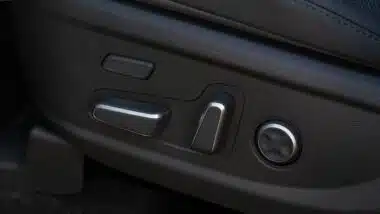
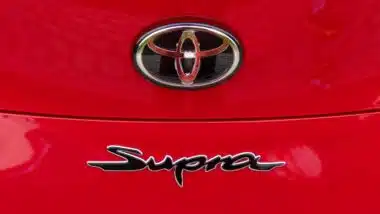
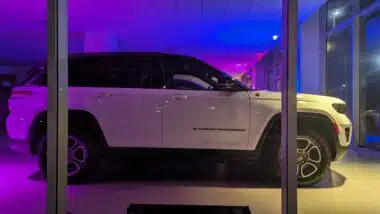
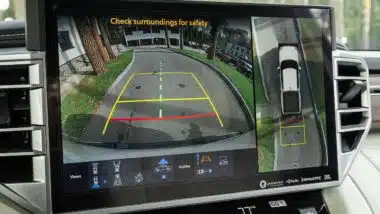
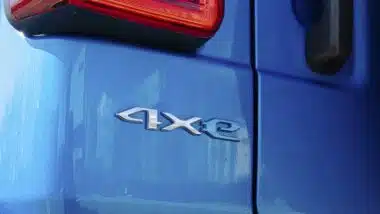
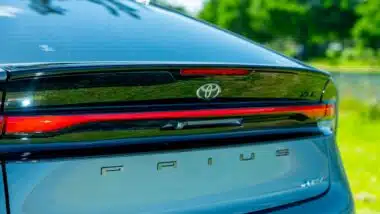
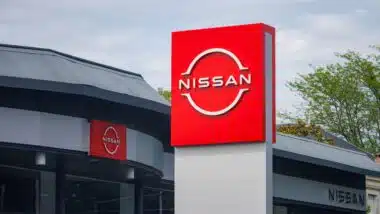
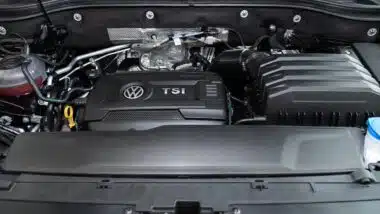
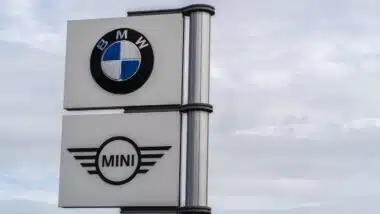
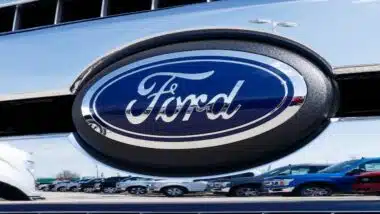
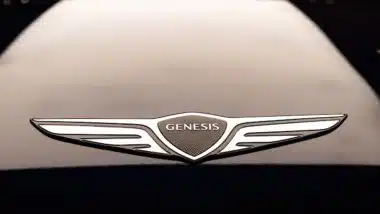
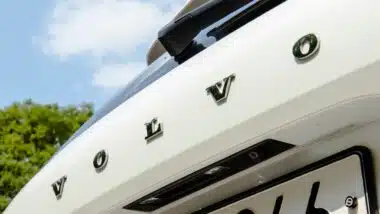
9 thoughts onTesla asks judge to dismiss claims in battery update class action lawsuit
Please add me
My 2014 Tesla model s 85 updated last week car would not move and had to be towed to Tesla for an update that did not complete and left me stranded. And cost me 900$ and not due to my fault.
My 2016 Model S recently completed a software update and then I had a service alert that there was a malfunction that would potentially keep the vehicle from starting or being operated (and also that the braking system and stability control were failed).
I have purchased a Tesla Model S in Feb and have had the battery fully deplete itself and now am unable to get into my vehicle. Would like to be contacted to discuss being added to this class action lawsuit.
My 2016 Model S has 66,000 miles and the range seems to have dropped dramatically (30-50 miles less) recently
Add me
Add me
My Tesla that I purchased the battery has some issue and the miles that it shows calculates but can’t go the distance. Battery doesn’t last even after charging all day
Yeah, that infamous EPA rating… Model Y Long Range as example, is rated at 330 but in reality maximum that we’ll see is 279 miles. Explanation provided by Tesla is that there are too many environmental variables… That’s BS shaped gold. The Ford Mustang Mach-E AWD (EPA 312 miles), with it’s subpar software suite, does a better job at a range of above 290. What is it them? Is Tesla playing the EPA or we don’t know “how to handle the car properly” (analog to the iPhone antennagate) ? Tesla have to get their sh*t together, these are not cheap Kia Niro!